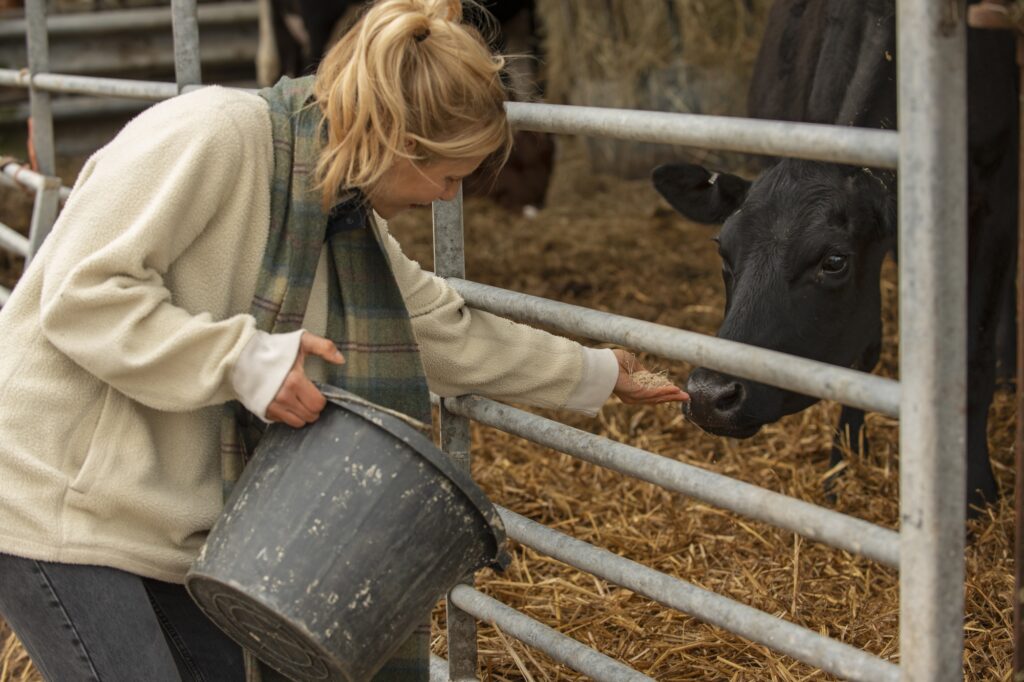The European Federation of Compound and Premix Feed Manufacturers (FEFAC) has expressed its deep concern about the recent imposition of tariffs by the United States on European Union steel and aluminum products, as well as the countermeasures adopted by the EU, which affect a wide range of US agricultural products, including cereals and other essential ingredients for animal feed.

Pedro Cordero, president of FEFAC, emphasized that “for decades, feed industry organizations in the US and the EU have built long-term strategic partnerships that have significantly contributed to global food security and the resilience of regional livestock and feed production systems. The imposition of these new tariffs could jeopardize these joint efforts and disrupt feed supply chains, at a time when the EU remains dependent on imports of essential raw materials, such as soy protein, corn, and other grains, as well as key additives like lysine, due to a structural deficit in European production.”
Given this situation, Cordero urges the US and EU administrations to engage in direct and urgent negotiations to eliminate these tariffs, as they could negatively impact the resilience and competitiveness of the European livestock sector. He also suggests exploring alternative, targeted trade agreements that boost transatlantic trade in agricultural products, especially feed grains and essential additives. According to Cordero, this strategy would allow the current trade to double from €4 billion to €8 billion, thereby reducing the US agricultural trade deficit with the EU.
In this regard, he recalled the 2018 Trump-Juncker agreement on soybean exports, which allowed for a significant increase in US soybean exports to the EU, positioning the US as the main supplier of this product in Europe for the first time.
According to Cordero, this cooperation model could be replicated with a broader approach, including a wider variety of US grains, co-products, and essential additives to reduce the joint strategic dependence of the EU and US on China.
Image: Freepik
















